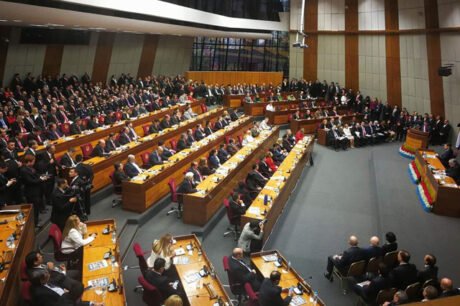ATLANTIC CITY, N.J. (AP) – States across the country are realizing what gamblers knew long ago: The future of sports betting and tax revenue to be made from it is online.
Mobile sports betting is currently available in 15 plus states in Washington, D.C., and several more are adopting it. New York is to become one of the country’s largest markets for mobile sports betting.
In the United States, smartphones account for more than 80% of all sports betting. New York lawmakers were fed up with residents traveling to New Jersey to place sports bets, money that ended up in New Jersey’s casinos and tax coffers rather than their own.
According to Chris Krafcik, managing director of Eilers & Krejcik Gaming, seven more states may legalize mobile sports betting this year. It may include Arizona, Connecticut, Louisiana, Maryland, Massachusetts, Maine, and Ohio.
In 2019, experts predicted that 90% of gamblers would bet via the internet in next the five to ten years. But, two years later, we’re nearly there. According to the American Gaming Association, 81 percent of sports bets are online.
Online betting to take over
Mattias Stetz, the chief operating officer of Rush Street Interactive, said 87% of his company’s sports betting is done via mobiles. Even when both online and in-person are available.
“The numbers show that mobile and online sports betting are important to the overall sports betting industry,” he said. “Sports fans enjoy the convenience of being able to bet from the comfort of their own homes.
Michigan began offering online sports betting in late January. And by February had handled nearly $302 million in wagers, making it the fastest state to reach that level of betting action.
On the other hand, the sportsbooks kept only $9.5 million and paid $142,240 in taxes. Sports betting in Michigan is taxed at an 8.4% rate. It is lower than in many other states, where at least two states keep 50% or more total sports betting revenue.
Last year, more than $6 billion was wagered in New Jersey alone. Despite this, the state’s cut was only $50 million.
In the fiscal year 2020, mobile bets accounted for roughly three-quarters of the $38.7 million in state tax revenue generated by sports betting in Pennsylvania. It had a state budget of more than $36 billion. Tax revenue was lower in states that did not allow mobile sports betting.












0 responses on "Mobile sports betting money tempting for Cash-strapped states."